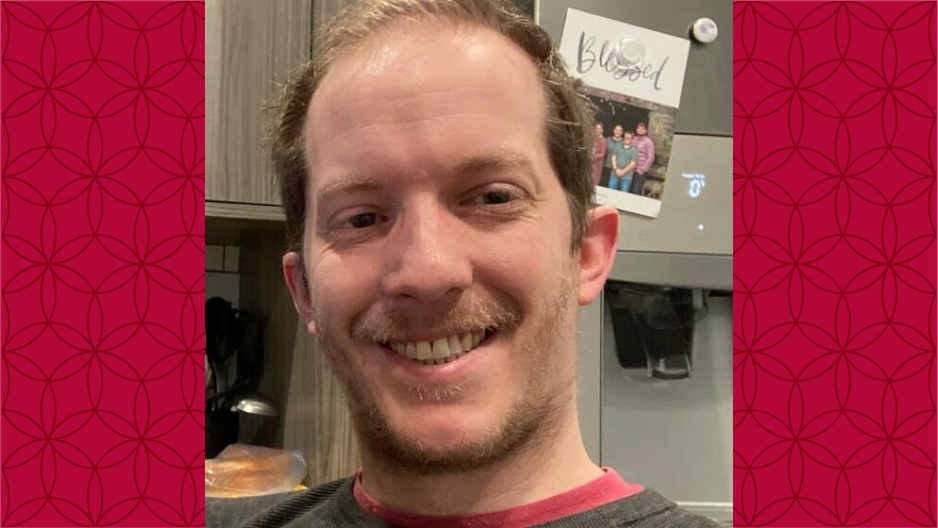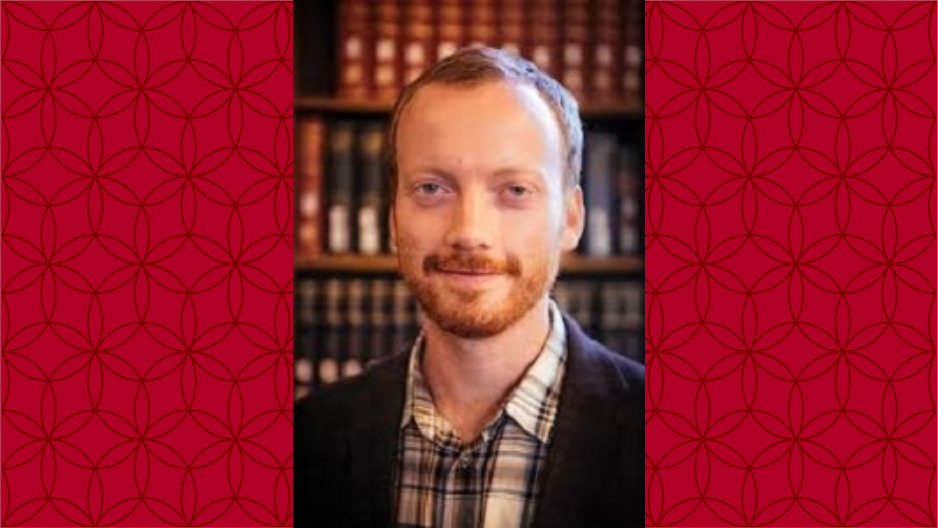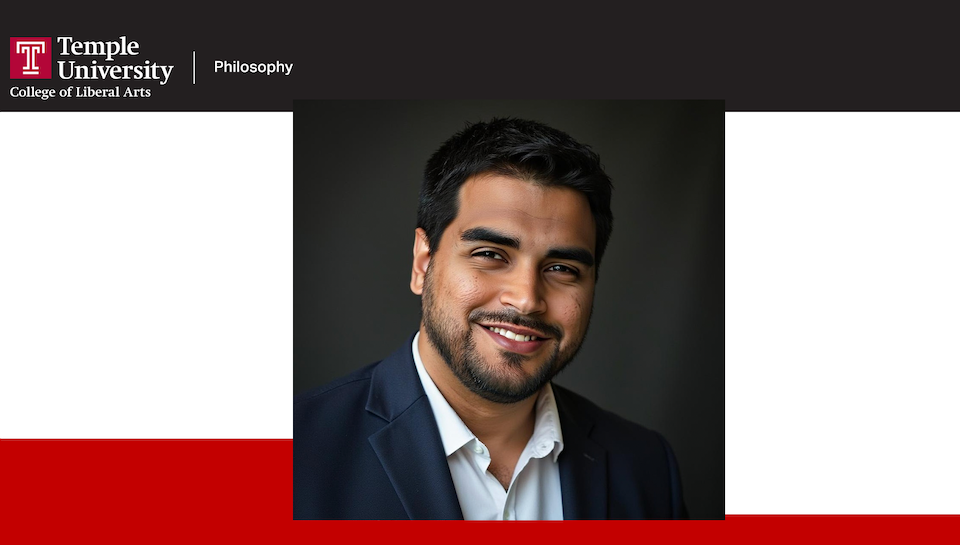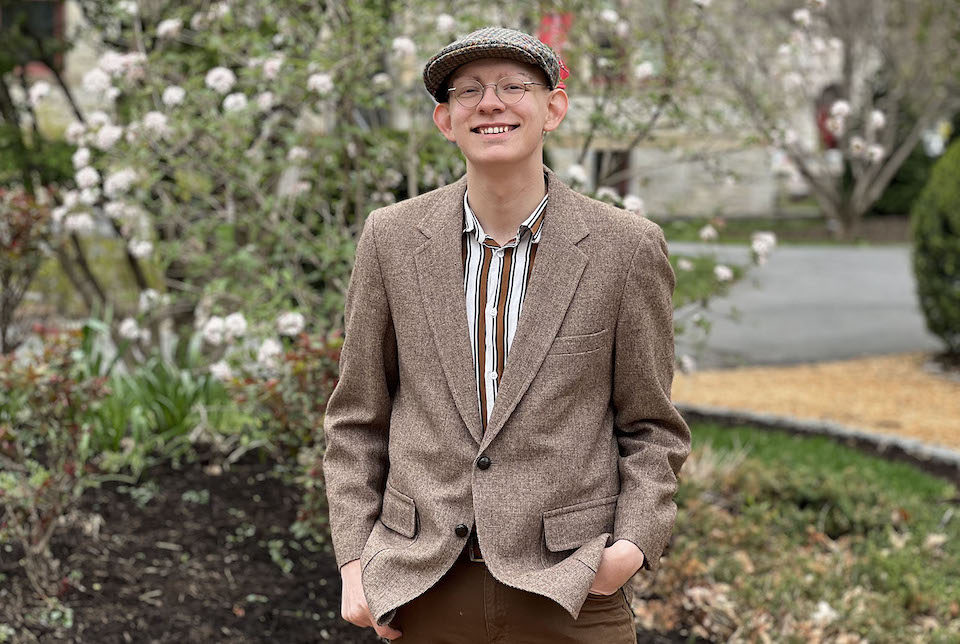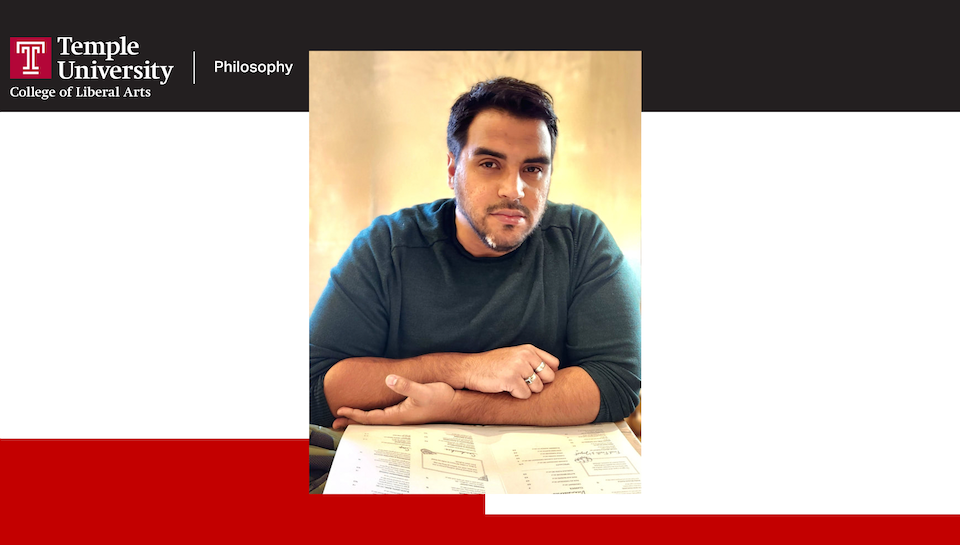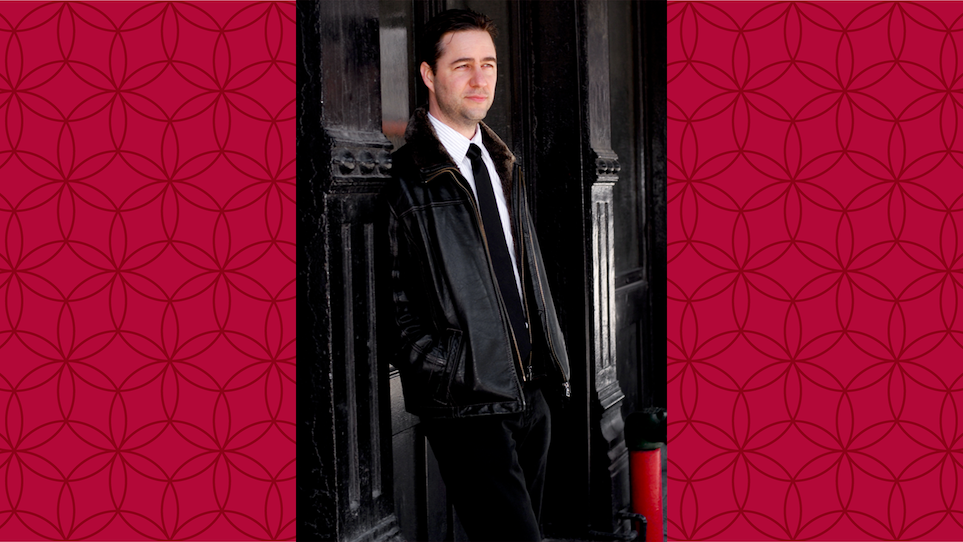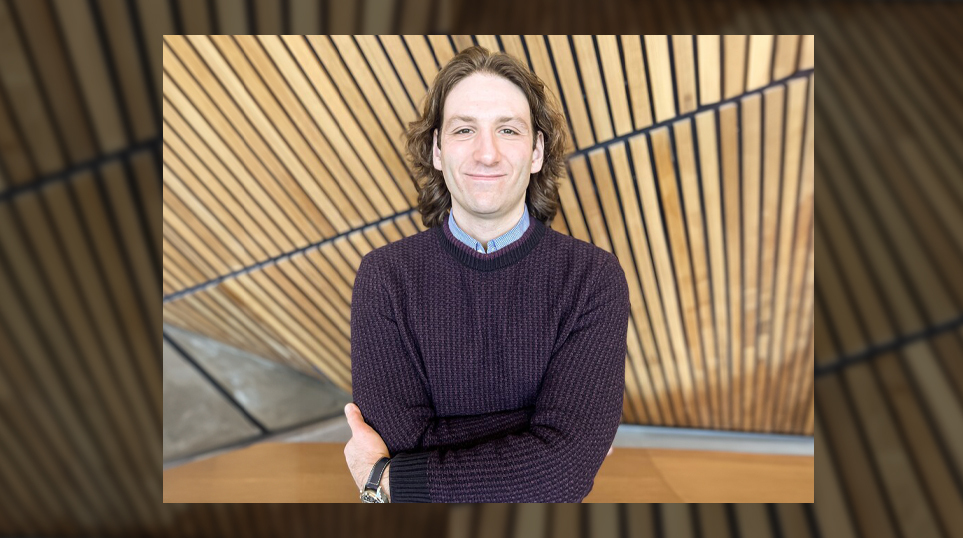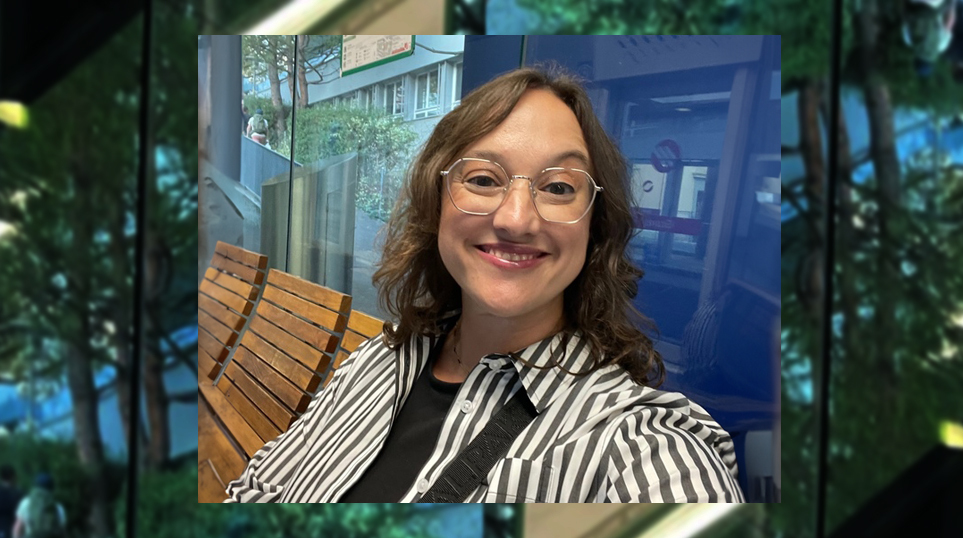History of Temple University Philosophy Department1
This document was written by Graduate Student Eli Benjamin Israel and Emeritus Professor Miriam Solomon. Eli Israel’s work was funded by the Ira Lawrence Family Fund. Special thanks are due to Librarian Fred Rowland for researching the early periods and providing archival files. Miriam Solomon provided documentation from 1991-2024 (the years that she was in the Department). Professors David Wolfsdorf and Kristin Gjesdal also contributed information for reconstructing the department’s history. Julie Van Camp provided historical information from when she was a graduate student at Temple in the late 1960s and early 1970s and she authored a recent article on the work of Elizabeth Lane Beardsley, “Privacy, Feminism, and Moral Responsibility in the Work of Elizabeth Lane Beardsley” Journal of the History of Women Philosophers and Scientists 1 (2022), pp. 99-114.
Early Years and Founding (1884-1915)
Philosophy was taught at Temple University from the beginning. In 1884, Russell H. Conwell, pastor of the Grace Baptist Church, began evening programs of study that would eventually evolve into Temple University. When Temple College received its charter in 1888, Conwell was listed as the Professor of Mental and Moral Philosophy. This title was typical for philosophy professors in the 19th century. It reflected a broader trend of the time, in which college presidents often were responsible for teaching moral and social philosophy.
During Temple's early years, philosophy lectures were given on Saturday evenings along with mathematics and other subjects. In the 1910-1911 academic year, philosophy and psychology courses were grouped together, offering a comprehensive range of subjects including Ethics, Logic, Psychology, Modern Psychology, Aesthetics, and History of Philosophy. It was common to combine philosophy and psychology at that time.
The Dunham Era, James and Barrows (1915-1953)
After completing his PhD in Philosophy at the University of Pennsylvania in 2015, James H. Dunham joined Temple as a lecturer in Ethics and Logic, as well as Dean of the new College of Liberal Arts and Sciences. (In 1998, the College split into the College of Liberal Arts and the College of Science and Technology.) In the 28 years during which he held his position, Dunham had a significant role in shaping the (then) College of Liberal Arts & Sciences. In his Temple University: 125 years of service to Philadelphia, the Nation, and the World (Temple University Press, 2009) historian James Hilty explains that under Dunham “the College of Liberal Arts and Sciences was the first to reshape the hodgepodge of undergraduate courses into an organized form and to lay claim to students, budget, and space” (Hilty 2009, 39). By 1929, a concentration in Philosophy appears. The Department itself was probably founded by 1937, although we do not have documentation (faculty lists) until 1965.
Dunham’s son, Barrows Dunham, received a PhD from Princeton in 1933 and joined the Department as an Assistant Professor in Fall 1937. After James Dunham retired in 1947, Barrows became Chair. The Department was quite small in these years, with several part-time instructors.
James Dunham had a background as an ordained Presbyterian minister, followed by religious disillusionment under the influence of philosophy and science, a dissertation on Spinoza, and a lifelong commitment to the life of reason. While James Dunham said that Marxism gave him “the creeps,” his son, Barrows Dunham, gravitated to Marx during the Depression as a means of understanding and addressing social and economic inequality. Barrows Dunham was a member of the USA Communist party from 1937-1945. His published work, starting with Man and Myth (1947) was in social and political philosophy.
In February 1953, Barrows Dunham was called to appear before the House Un-American Activities Committee. After invoking his Fifth Amendment right to remain silent and being cited for contempt (a charge that was later dropped), he was fired by Temple's Board of Trustees in September 1953 and blacklisted from academic employment for over 14 years. It was not until 1981 that Temple issued an official apology and awarded Barrows Dunham Emeritus status. For many years, the American Association of University Professors had Temple University on its censure list because of this violation of academic freedom and tenure.
Axinn and Fisher build the Philosophy Department Post-WWII
During World War II, student enrollment dropped as young people enlisted or were drafted into the military. Numerous philosophy courses were suspended and only the most basic courses were taught (course catalogs indicate “Omitted” under course descriptions). After the war, during higher education’s “Golden Age,” enrollments dramatically increased with the GI Bill.
Soon after the war, Sidney Axinn and John Fisher, both veterans, were hired by the Philosophy Department. After Barrows Dunham’s firing in 1953, Sidney Axinn took over as chair. Axinn maintained positive relations with Dunham and was steadfast in his support of academic freedom. Axinn chaired the department until 1967, when John Fisher took over and held the position until 1973. Together they were responsible for many faculty hires, including (in roughly chronological order) Elizabeth Lane Beardsley, Thomas McClintock, Paul Dietl, Bill Wisdom, Charles Dyke, Paul Snyder, David Welker, Gerald Vision, Joseph Margolis, Hughes Leblanc, John Atwell, Philip P. Wiener, Monroe C. Beardsley, and Jack Nelson. (Exact dates are uncertain due to unreliable records.)
Elizabeth Beardsley, who specialized in philosophy of language and ethics, was the first woman full professor in the Philosophy Department. (Beardsley was promoted to Full Professor in 1965; there was not another woman full professor in the Department until Miriam Solomon was promoted in 2003, almost forty years later.)
At some point in the 1960s, Axinn and Fischer also established the graduate program. The first PhD was awarded to James Roland Harris in 1971 for a dissertation titled “Knowledge, Emotion and the Individual’s Freedom.”
A curious episode in the department's history occurred in 1971 when, according to a report in The Philadelphia Tribune, the department offered a teaching position to Angela Davis, a prominent civil rights activist and philosopher. However, amidst the controversy surrounding her involvement in the Communist Party and her imprisonment in California, the Chair of the Department (John Fischer) publicly denied the offer.
Strength in Aesthetics Emerges and Continues
During 1970-72, the Department received two grants from the National Endowment for the Humanities to establish a PhD concentration in aesthetics. The grant was awarded to Monroe Beardsley, who joined the Department in 1969.
John Fisher edited the Journal for Aesthetics and Art Criticism from 1973-1988, helping to transform it into the leading journal for aesthetics in the USA. With the hiring of Joseph Margolis and Monroe Beardsley, the department developed into a strong center for aesthetics.
Although John Fisher and Monroe Beardsley died relatively young, the energy for aesthetics continued with Joseph Margolis (who continued teaching to his death in 2021 at age 97), and with the hiring of Richard Shusterman around 1988. When Shusterman became chair in 1998, he led a senior aesthetics search that recruited Philip Alperson (1999), who brought the editorship of the Journal of Aesthetics and Art Criticism back to Temple University. When Alperson finished his term as editor, he negotiated for Susan Feagin, the next editor, to move to Temple University, and she served two terms as editor (2003-2013).
When Philip Alperson became chair of the Department in the early 2000s, he continued to prioritize hiring in aesthetics as well as in other areas of philosophy. With the support of Dean Susan Herbst, this was a period of rapid expansion in the Department. Senior hires in aesthetics included Noel Carroll, Lewis Gordon, and Paul C. Taylor. For a while the Philosophy Department was the top ranked philosophy graduate program in the area of Aesthetics, as judged by the Leiter Report.
The Department maintains considerable strength in aesthetics with Kristin Gjesdal, Espen Hammer, and Lara Ostaric.
One of the enduring legacies of Temple’s strength in aesthetics is the endowed Monroe C. Beardsley Annual Lecture, a well-attended annual event which takes place each Spring at the Eastern Division meeting of the American Society for Aesthetics in Philadelphia.
From the 1980s to the early 2000s
Temple’s Philosophy Department has always striven to be pluralistic, covering Anglo-American analytic philosophy, American Pragmatism, and European “continental” philosophy. Jitendra Mohanty joined Temple University as a senior hire in 1985, bringing expertise in Husserl and in
Indian Philosophy. Michael Tye was a senior hire in philosophy of mind from the late 1980s to the early 2000s. Miriam Solomon was hired as Assistant Professor in 1991, bringing strengths in epistemology and philosophy of science.
During the years of rapid expansion in the early 2000s, the Department also built considerable strength in social and political philosophy, feminist philosophy, philosophy of race, and history of philosophy.
Because of this revival, the graduate program expanded. After Miriam Solomon took over as Director of Graduate Studies in 2005, the graduate program was updated, replacing traditional timed preliminary examinations with mentored research projects and expanding the dissertation proposal framework. Lewis Gordon played a key role in designing the new program.
Navigating Change (Late 2000s-2010s)
The department's period of growth and innovation in the early 2000s was followed by some faculty losses and a decline in institutional support. Senior hires were no longer possible, and eventually the Department focused on rebuilding from the junior ranks.
After Miriam Solomon took over as Chair in 2013, there was a series of junior faculty hires in the history of philosophy, ethics, philosophy of mind/language, moral and social philosophy, and philosophy of race. During this period, the department also strengthened its interdisciplinary collaborations within Temple University and beyond. Philosophers at Temple became increasingly involved in cross-disciplinary research projects, bringing philosophical insights to bear on issues in fields such as cognitive science, political theory, environmental studies, bioethics, science, technology and society, and more. The department also has a joint graduate degree program (MA or PhD in Philosophy with an MA in Health Justice and Bioethics) with the Center for Health Justice and Bioethics at the Lewis Katz School of Medicine.
Paul Crowe became Director of Undergraduate Studies in the early 2000s and oversaw a revitalization of the major and minor, including a new pre-law concentration. For some years now, there has been a lively Philosophy Club, meeting weekly during term time under the guidance of Philip Atkins, and Ethics Bowl participation at the national level. A “4+1” program was approved for promising undergraduate majors to receive both a BA and an MA in a total of five years.
Temple Philosophy Today (2020s-)
Today, the department is a vibrant place. It embraces a wide range of philosophical interests and has strengths in various contemporary and historical traditions. Our faculty members are internationally acclaimed in the areas of aesthetics, ancient philosophy, epistemology, philosophy of science, ethics, Kant, medical ethics, philosophy of race, philosophy of law, political philosophy, and post-Kantian European philosophy.
The department fosters active engagement with international scholars, expanding its global reach. In recent years, the department has welcomed visiting academics from countries such as Austria, Norway, Sweden, Spain, Italy, France, and China, as well as scholars from across the United States, all drawn by the opportunity to collaborate with Temple's faculty and students.
The department takes pride in fostering a friendly and productive environment for graduate student research. Many of its graduate students are actively engaged in the profession, presenting their work at prestigious conferences and publishing in respected journals, a testament to the supportive and intellectually stimulating atmosphere cultivated within the department. Graduate students also run a mentoring program for undergraduate philosophy majors.
Many of the Department’s initiatives would not be possible without generous donations from supporters, especially Temple alumnus Ira Lawrence. Even in the current financial climate at Temple, we have been able to continue to support undergraduate clubs, undergraduate tuition, undergraduate research projects, graduate student professional travel, graduate student training, faculty professional travel, and a lively program of departmental colloquia.
1This document was written by Graduate Student Eli Benjamin Israel and Emeritus Professor Miriam Solomon. Eli Israel’s work was funded by the Ira Lawrence Family Fund. Special thanks are due to Librarian Fred Rowland for researching the early periods and providing archival files. Miriam Solomon provided documentation from 1991-2024 (the years that she was in the Department). Professors David Wolfsdorf and Kristin Gjesdal also contributed information for reconstructing the department’s history. Julie Van Camp provided historical information from when she was a graduate student at Temple in the late 1960s and early 1970s and she authored a recent article on the work of Elizabeth Lane Beardsley, “Privacy, Feminism, and Moral Responsibility in the Work of Elizabeth Lane Beardsley” Journal of the History of Women Philosophers and Scientists 1 (2022), pp. 99-114.



